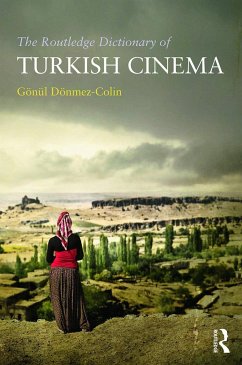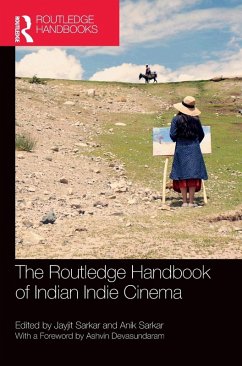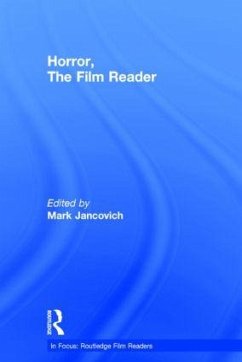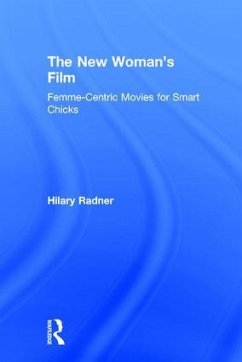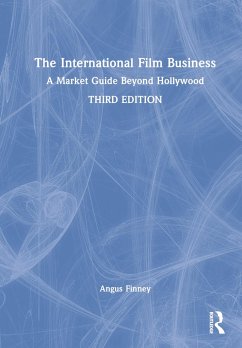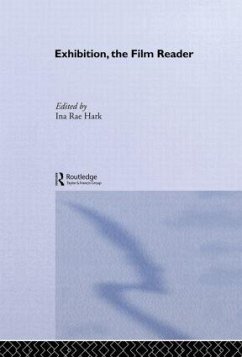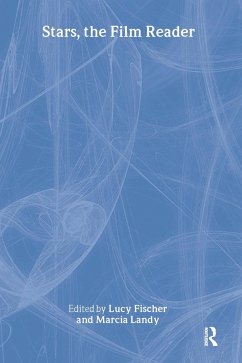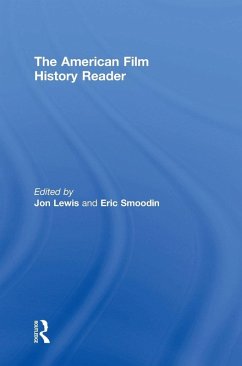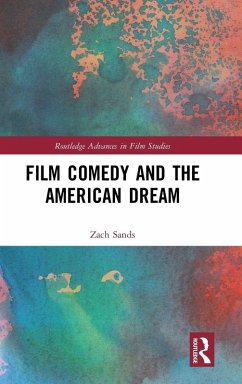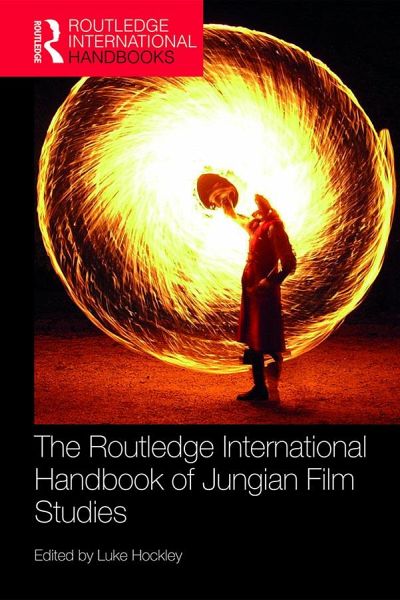
The Routledge International Handbook of Jungian Film Studies

PAYBACK Punkte
31 °P sammeln!
Winner of the IAJS award for best edited book of 2018! The Routledge International Handbook of Jungian Film Studies weaves together the various strands of Jungian film theory, revealing a coherent theoretical position underpinning this exciting recent area of research, while also exploring and suggesting new directions for further study. The book maps the current state of debates within Jungian orientated film studies and sets them within a more expansive academic landscape. Taken as a whole, the collection shows how different Jungian approaches can inform and interact with a broad range of di...
Winner of the IAJS award for best edited book of 2018! The Routledge International Handbook of Jungian Film Studies weaves together the various strands of Jungian film theory, revealing a coherent theoretical position underpinning this exciting recent area of research, while also exploring and suggesting new directions for further study. The book maps the current state of debates within Jungian orientated film studies and sets them within a more expansive academic landscape. Taken as a whole, the collection shows how different Jungian approaches can inform and interact with a broad range of disciplines, including literature, digital media studies, clinical debates and concerns. The book also explores the life of film outside cinema - what is sometimes termed 'post-cinema' - offering a series of articles exploring Jungian approaches to cinema and social media, computer games, mobile screens, and on-line communities. The Routledge International Handbook of Jungian Film Studies represents an essential resource for students and researchers interested in Jungian approaches to film. It will also appeal to those interested in film theory more widely, and in the application of Jung's ideas to contemporary and popular culture.






